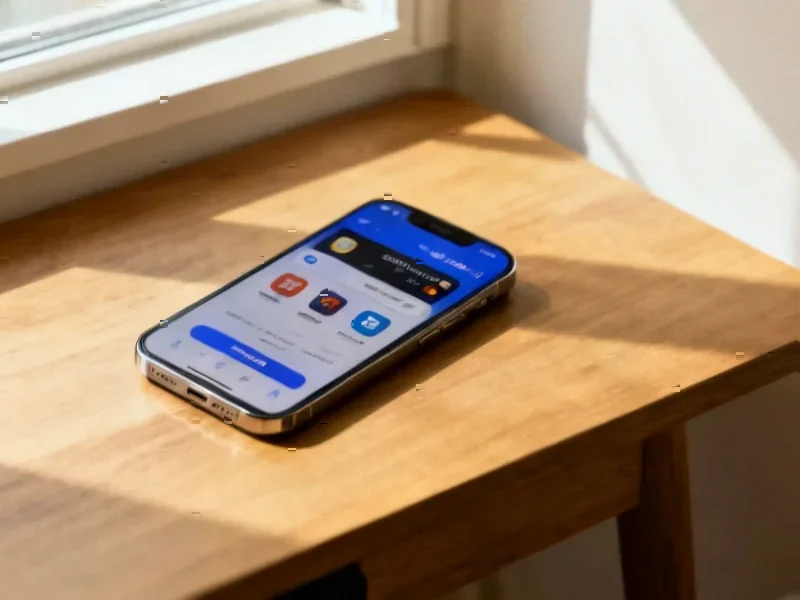According to Android Police, Google and Epic Games have reached a surprising settlement after years of legal battles that saw a jury find Google guilty of illegal monopoly practices in 2023. The companies submitted a joint proposal to the court that would fundamentally change how Android handles app distribution and payments. Google’s Android Ecosystem President Sameer Samat announced the deal on X, promising changes that expand developer choice, lower fees, and encourage competition while maintaining safety. Epic CEO Tim Sweeney called Google’s proposal “awesome” and praised it as the opposite of Apple’s restrictive approach. The deal would allow third-party app stores on Android and reduce Play Store fees to either 9% or 20% for apps using alternative payment processing. Now it’s up to Judge Donato to approve or reject this proposal that could end their legal war.
<h2 id="business-shift”>The Real Business Pivot
Here’s the thing – Google‘s making this move because they basically lost the legal battle anyway. The appeals court already denied their request to delay changes, so they were going to have to open up Android regardless. By cutting a deal with their biggest critic, Google gets to shape the rules rather than having them imposed. It’s a classic “if you can’t beat ’em, join ’em” situation. And honestly? It’s pretty smart positioning against Apple.
What Those Fee Changes Actually Mean
Let’s talk about those numbers. Dropping from the standard 30% cut down to 9% or 20% is massive for developers. But there’s a catch – that 9% rate only applies if you use third-party payment processing. So Google still gets something, but developers save significantly. The question is whether this will actually kill sideloading as we know it, since Google wants to verify developer identities for apps distributed outside the Play Store. Is that about security, or control? Probably both.
The Apple Comparison Everyone’s Making
Tim Sweeney didn’t hesitate to throw shade at Apple, and he’s right – this puts Google in a completely different position. Apple’s still fighting tooth and nail against third-party app stores and alternative payments. Meanwhile, Google’s embracing them (or at least accepting them). This could seriously pressure Apple to follow suit, especially with all the regulatory heat they’re facing in Europe and potentially the US. The contrast couldn’t be more stark.
Who Actually Wins Here?
Developers definitely come out ahead with more payment options and lower fees. But Google wins too – they avoid years of legal uncertainty and get to position themselves as the “open” platform compared to Apple. Epic gets what they’ve been fighting for all along. The real test will be whether these changes actually create meaningful competition or if Google’s security requirements become the new bottleneck. Either way, this deal represents a fundamental shift in how mobile app stores operate. And it’s about time.




